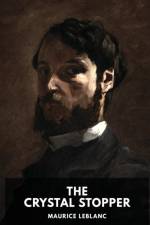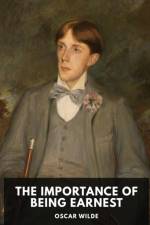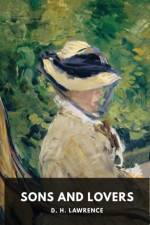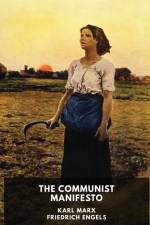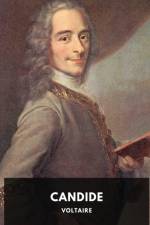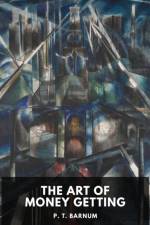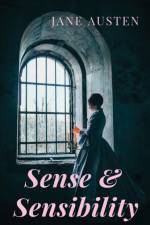von Jane Austen
27,00 €
Sense and Sensibility By Jane AustenSense and Sensibility is a novel by Jane Austen, published in 1811. It was published anonymously By A Lady appears on the title page where the author's name might have been. It tells the story of the Dashwood sisters, Elinor (age 19) and Marianne (age 16 1/2) as they come of age. They have an older half-brother, John, and a younger sister, Margaret, 13.The novel follows the three Dashwood sisters as they must move with their widowed mother from the estate on which they grew up, Norland Park. Because Norland is passed down to John, the product of Mr. Dashwood's first marriage, and his young son, the four Dashwood women need to look for a new home. They have the opportunity to rent a modest home, Barton Cottage, on the property of a distant relative, Sir John Middleton. There they experience love, romance, and heartbreak. The novel is likely set in southwest England, London, and Sussex between 1792 and 1797.The novel, which sold out its first print run of 750 copies in the middle of 1813, marked a success for its author. It had a second print run later that year. It was the first Austen title to be republished in England after her death, and the first illustrated Austen produced in Britain, in Richard Bentley's Standard Novels series of 1833. The novel has been in continuous publication since 1811, and has many times been illustrated, excerpted, abridged, and adapted for stage and film. In March 2020, there were 20 different editions available as new books.Henry Dashwood, his second wife, and their three daughters live for many years with Henry's wealthy bachelor uncle at Norland Park, a large country estate in Sussex. That uncle decides, in late life, to will the use and income only of his property first to Henry, then to Henry's first son (by his first marriage) John Dashwood, so that the property should pass intact to John's three-year-old son Harry. The uncle dies, but Henry lives just a year after that and he is unable in such short time to save enough money for his wife Mrs Dashwood, and their daughters, Elinor, Marianne, and Margaret, who are left only a small income. On his deathbed, Mr Henry Dashwood extracts a promise from his son John to take care of his half-sisters. But before Henry is long in the grave, John's greedy wife, Fanny, persuades her husband to renege on the promise, appealing to his concerns about diminishing his own son Harry's inheritance, despite the fact that John is already independently wealthy thanks to both his inheritance from his mother, and his wife's dowry. Henry Dashwood's love for his second family is also used by Fanny to arouse her husband's jealousy, and persuade him not to help his sisters financially.John and Fanny immediately move in as the new owners of Norland, while the Dashwood women are treated as unwelcome guests by a spiteful Fanny. Mrs Dashwood seeks somewhere else to live. In the meantime, Fanny's brother, Edward Ferrars, visits Norland and is attracted to Elinor. Fanny disapproves of their budding romance, and offends Mrs Dashwood by implying that Elinor must be motivated by his expectations of coming into money.

